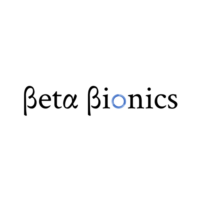
Closely-held Beta Bionics received FDA approval to begin home-use clinical studies of an autonomous bionic pancreas that employs artificial intelligence to vary hormone doses in adults and children with Type 1 diabetes.
The company’s iLet device, a dual-chamber infusion pump that mimics a biological pancreas, can deliver insulin, glucagon or a combination. The system includes algorithms driven by machine learning to calculate and adapt dose delivery as needed, based on body weight and data from a continuous glucose monitor developed by Dexcom (NASDAQ:DXCM).
The multi-arm, crossover trial will test an insulin-only configuration of the system using Novo Nordisk’s recently approved, fast-acting Fiasp insulin in adults with Type 1 diabetes as well as insulin, lispro, and conventional insulin, aspart, in both adults and children.
Adult patients will be recruited by Massachusetts General Hospital and Stanford University. Children aged six-to-17 will be enrolled through Stanford, Nemours Children’s Health System and the Barbara Davis Center for Diabetes at the University of Colorado.
Beta Bionics plans to enter pivotal trials with its final design in 2019 and expects to launch its first product in 2020.
“This trial is exciting not only because it represents the first time we will be able to test our bionic pancreas algorithms with our own proprietary iLet platform, and not only because it will include both children and adults with T1D, and not only because it will draw upon those who use [multiple dose injection] therapy in equal number to those who use insulin pumps for their usual care, but also because we will be breaking new ground by being the first group to test autonomous insulin delivery using Fiasp,” Ed Damiano, founder and CEO of Beta Bionics, said in a statement.






